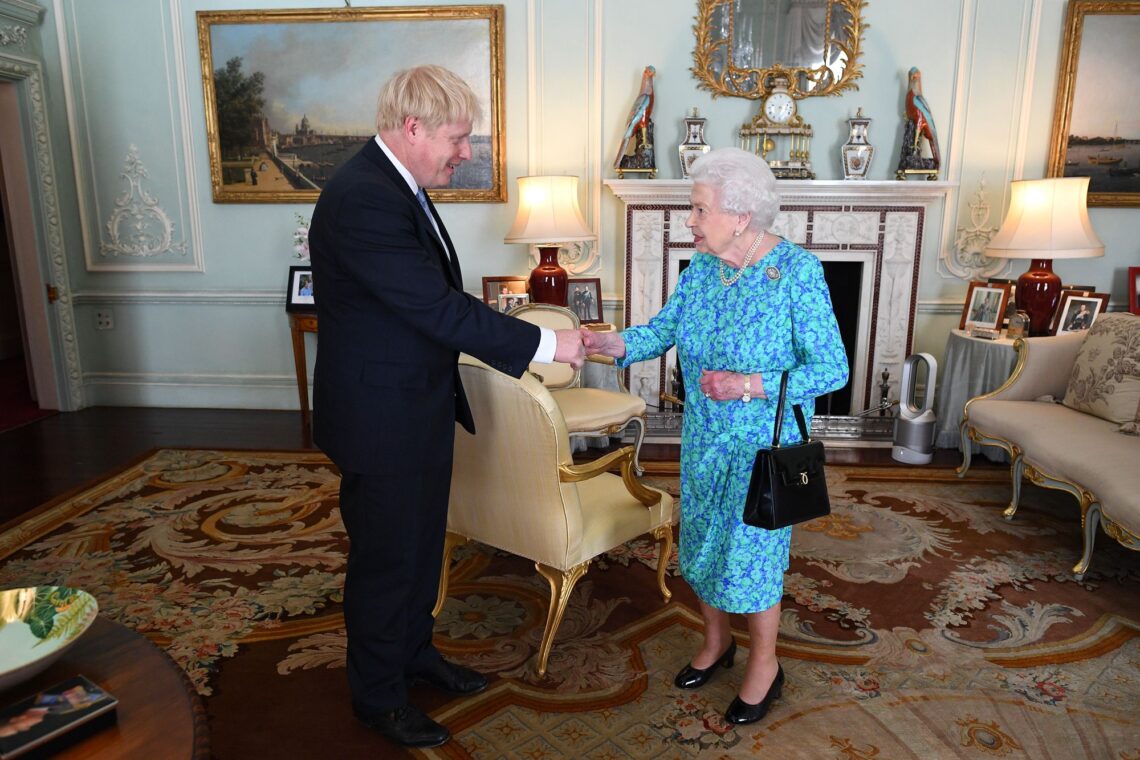With PM Boris Johnson set to submit resignation on Sept 6; A look at his scandal-hit tenure
Scandals rocked Britain one after the other, but Johnson somehow retained his political status, prompting British media to dub him “Teflon Johnson.”
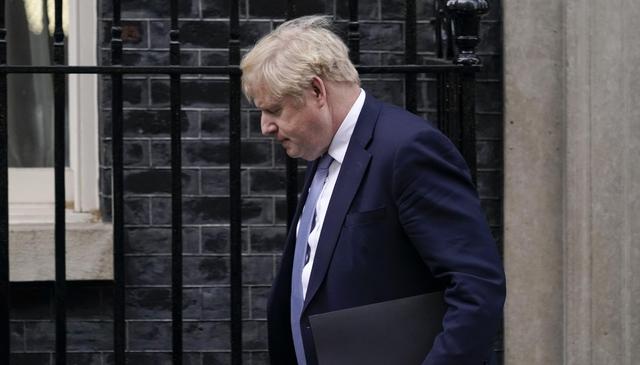
On September 5, either Liz Truss or Rishi Sunak will be formally announced as the new leader of the Conservative Party and prime minister of the United Kingdom whereas Boris Johnson will step down from his position. After submitting his resignation to the Queen Elizabeth II on September 6, Johnson will return to the Conservative backbenches.
Under mounting pressure from MPs within his own party, the outgoing UK PM agreed to relinquish the leadership of the Conservative Party and resign as prime minister upon the selection of a successor. Notably, Rishi Sunak and Sajid Javid, two of the senior Cabinet ministers, both resigned in July, along with more than 50 other members of the UK parliament.
The move came as a reaction to a series of scandals, posing an unprecedented challenge to Johnson’s premiership. The outgoing UK PM has shrugged off so many scandals in the past that it appeared he was immune to them. Scandals rocked Britain one after the other, but Johnson somehow retained his political status, prompting British media to dub him “Teflon Johnson.”
Here are some of Johnson’s many scandals:
Downing Street Partygate
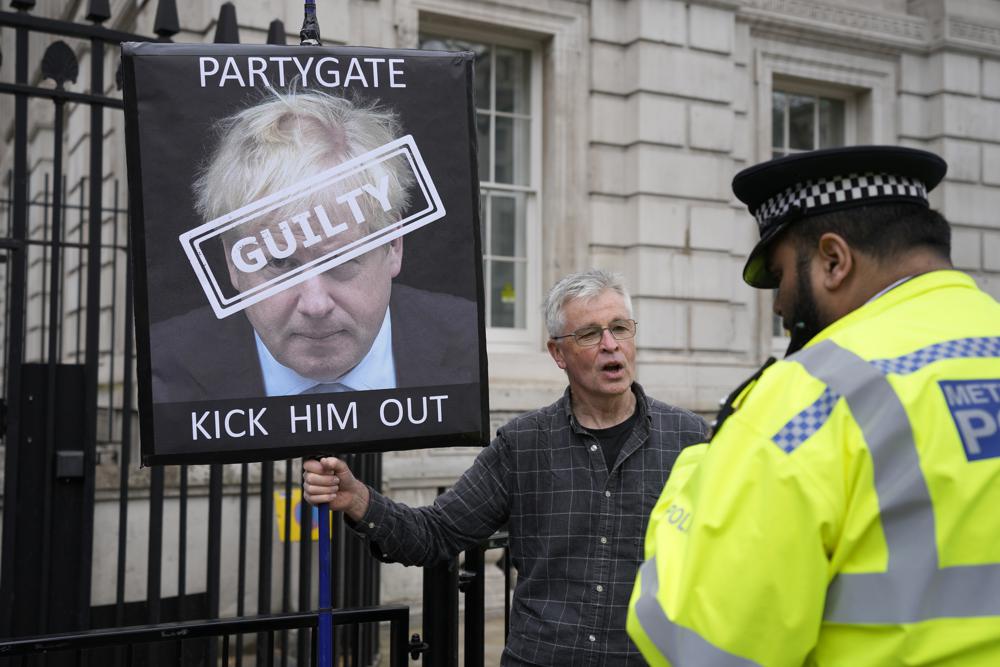
The Partygate scandal involved parties and events that were conducted in British government premises but were later found to have broken the severe COVID-19 lockdown regulations of the UK. Johnson at first denied knowing about unlawful parties. He later admitted that he truly felt at the time that gatherings did not violate the law, but that he was mistaken. The controversy dominated headlines for months, as many of its facts were gradually revealed to the public.
Notably, it was found that one of the parties Johnson attended occurred at the same time as Queen Elizabeth was forced to sit by herself at the funeral of her husband Prince Philip since indoor gatherings were prohibited. Johnson was fined by the police in April 2022 for violating lockdown guidelines, making him the first British Prime Minister to face police fines while in office.
Pincher case
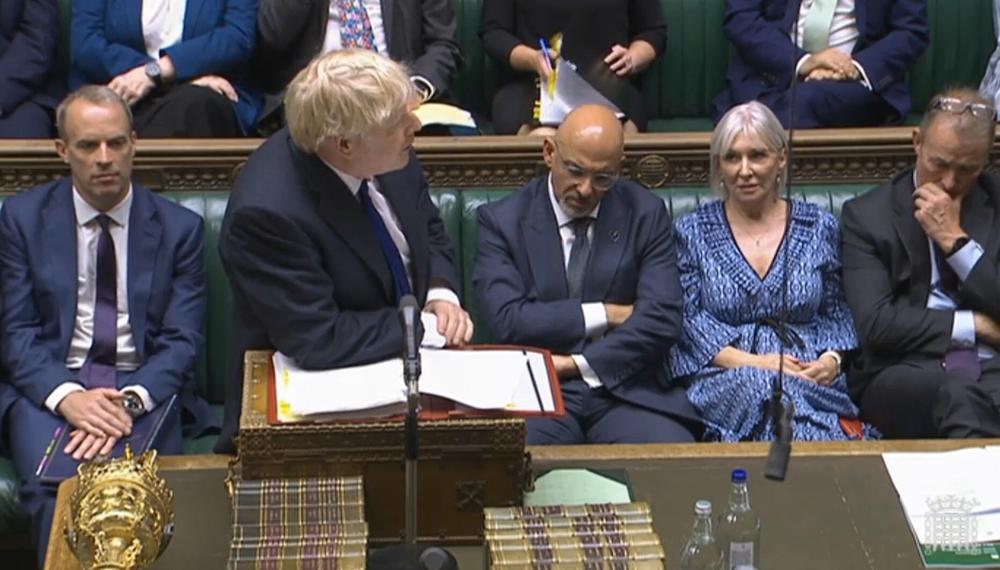
Most recently, Johnson came in for harsh criticism for the way he handled the sexual harassment accusation against lawmaker Chris Pincher. On June 30, the 52-year-old MP resigned after being accused of groping two of his male coworkers in a nightclub. More charges of sexual misbehaviour were made public soon after.
Johnson’s office said on July 1 that he was not aware of Pincher’s background. But at various points, Johnson was said to have merely been aware of allegations that had “either been settled or did not move to a formal complaint.” On July 5, Johnson finally expressed regret, saying that appointing Pincher to the government “was a mistake.” However, the prime minister’s long overdue apologies didn’t do much to resolve the situation, which finally resulted in his resignation.
Private residence refurbishment
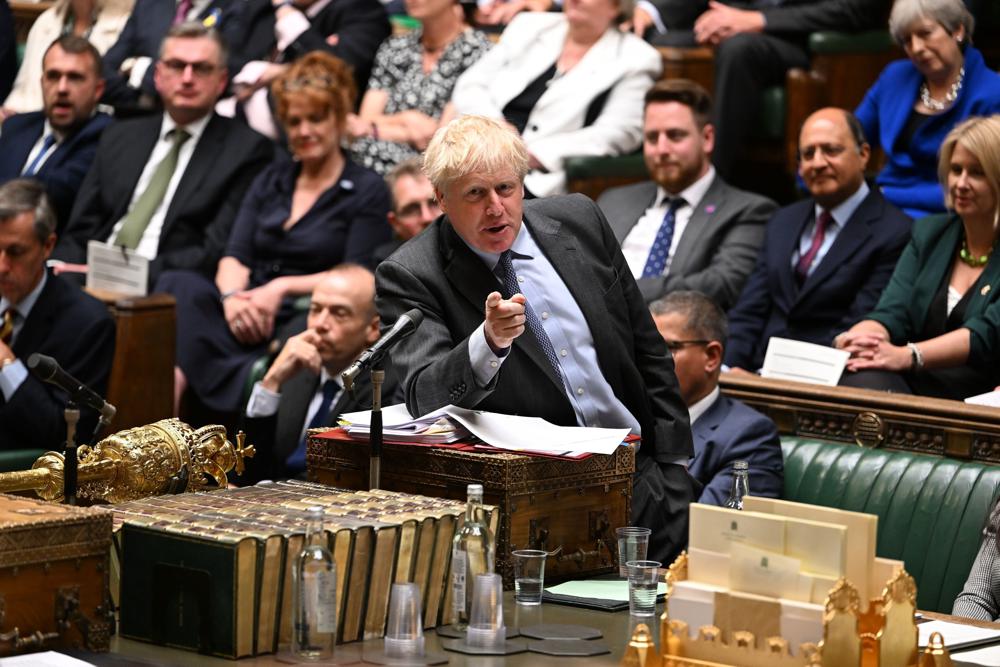
In May 2021,Johnson’s refurbishment of his private property came under fire both for the expense and who sponsored it, leading to suspicions of corruption for his inability to appropriately declare a donation that paid for it. UK legislation mandates that details of political contributions and loans for more than 7,500 pounds sterling (€10,244) must be made public four times per year.
The restoration of the PM’s official residence, however, was paid for by a Conservative Party donor, according to an official investigation. Johnson failed to disclose the contributions, and the Conservative Party was penalised 17,800 pounds as a result in December 2021.
Owen Paterson controversy
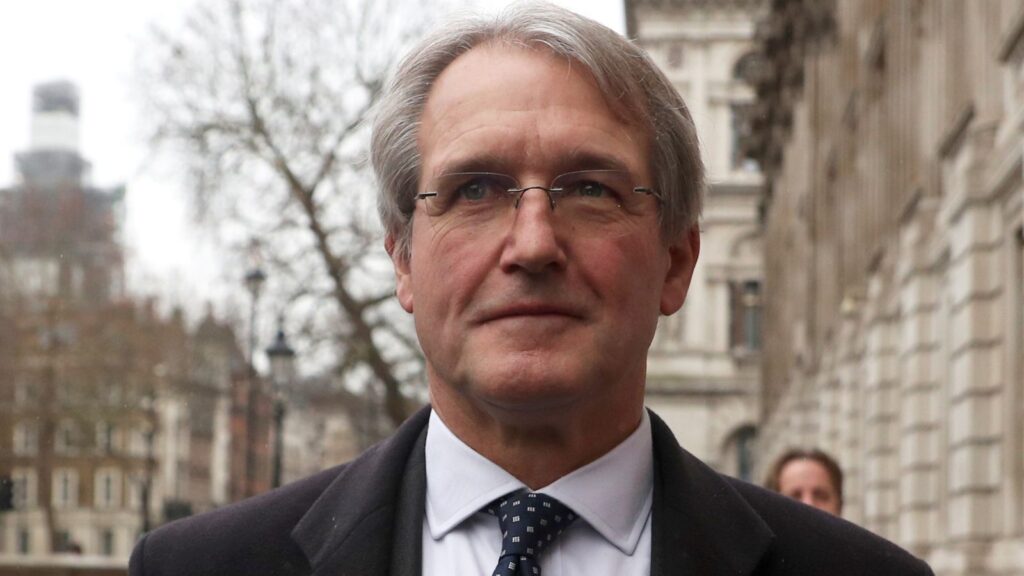
Johnson made an effort to stop the suspension of a powerful Conservative lawmaker in 2021 who was charged with violating lobbying regulations. The Standards Committee of the British Parliament discovered that Owen Paterson, a former minister, had received money from many firms, including at least two payments of 500,000 pounds, to advocate on their behalf.
In response, Johnson proposed sweeping reforms that would weaken the processes for investigating politicians and pressed Conservative MPs to support it. Johnson dropped the proposal after receiving criticism from both Labour and Conservative MPs. Paterson eventually resigned, and his seat was won by the Liberal Democrats in a December election. Boris Johnson claimed at a news conference in November that backing Owen Paterson was a “huge mistake.”
Unlawful prorogation of the legislature
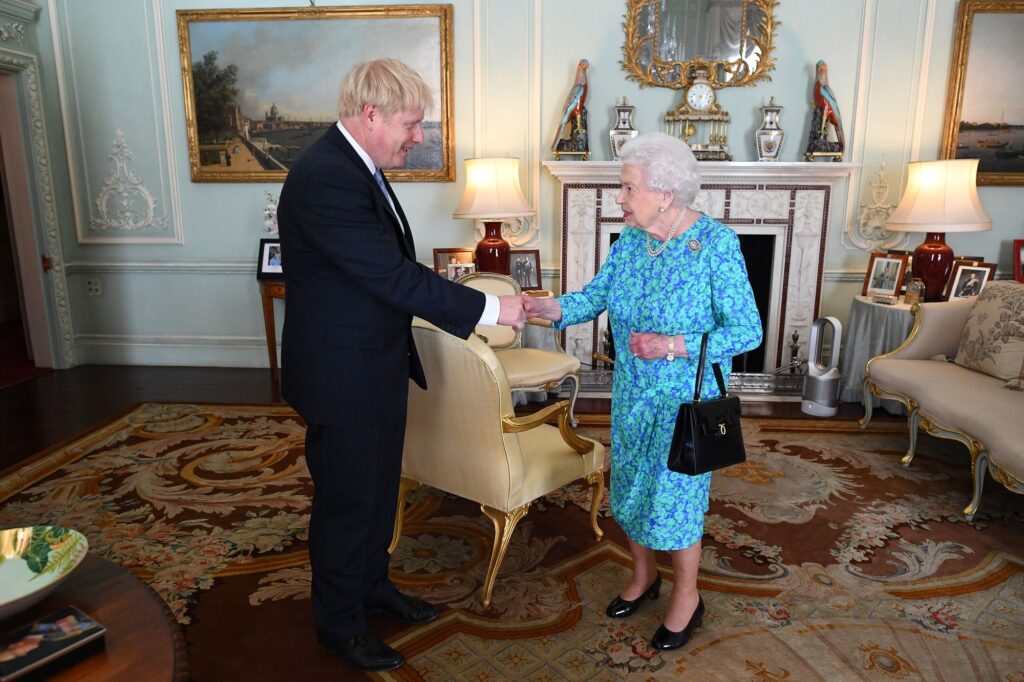
During the height of the Brexit crisis in 2019, Johnson requested permission from Queen Elizabeth II to close Parliament for five weeks through a process known as prorogation. The decision was made when the country was getting close to its deadline to leave the European Union, and Johnson found himself unable to come to terms with Parliament on the manner and timing of the move.
In the end, the Supreme Court of the United Kingdom decided that Johnson had broken the law when he requested permission to shut down the government and that he may have deceived the queen into taking illegal action. According to UK media accounts, Johnson was later required to personally apologise for “embarrassing” the monarch.
Johnson: The populist
Johnson, who had built a successful career as a journalist, novelist, TV personality, and London mayor in the decades before, was possibly the most well-known politician to take office, with the potential exception of his hero, Winston Churchill. He was a populist before populists were a thing. His outrageous remarks, which included, among others, calling gay males “bum boys” and comparing Muslim women who cover their faces to letterboxes, outraged a lot of people.
However, he got away with his Lothario persona, with the public apparently content to tolerate his rumoured affairs and love child. Johnson seemed to be able to laugh his way out of any situation. According to media reports, those who knew Johnson personally say he despised the notion that many in the British Conservative establishment considered him as a good campaigning tool but more of a comedy cheerleader than a serious statesman.
